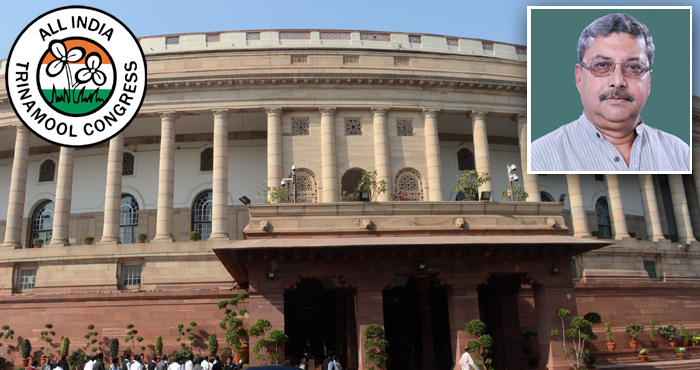August 1, 2019
Kalyan Banerjee speaks on The Insolvency and Bankruptcy Code (Amendment) Bill, 2019

FULL TRANSCRIPT
Madam, this Insolvency and Bankruptcy Code, which has enacted in May 2016, is a critical link in a chain steps initiated in 1991 to transition India to a market economy. Insolvency Code is related to the credit system of the country and the Bill has, appropriately, given an expansive interpretation of all the clauses. I agree with this that it is a new code in a financial policy. It needs some research from time to time because whenever the situation arises, changes need to be made. Some deficiencies were there which are now sought to be removed, deficiencies resulting in Essar Steel getting a big benefit because of the interpretation of the Supreme Court. Now that the Amendments have been brought, no such unwarranted benefit will go to any company.
This amendment is meant to create a behavioural change, particularly among promoters. Continued ownership is no longer guaranteed. The secured creditors having claims of Rs 45,559 crore has dragged way past the 270-day deadline as stakeholders through legal challenges. Now naturally this amendment comes into effect, the judgement will be diluted. After the introduction of the Insolvency and Bankruptcy Code and the starting of the NCLAT, I believe, monies have been recovered. And now the recovery process is speeding up under the court committee of creditors, invested with the primary responsibility of financial restructuring, and since the financial creditors are in the business of money-lending, banks and FIs are best equipped to assess viability and feasibility of the business of the corporate debtor.
The Bill was brought to recover money from the corporate sector. Now, by reason of Clause 7, we are extending it to the Central Government, State Governments as well as the local authorities. Every government, be it Centra, State or local, is taking loans, but those are not for their personal gains. So extending the Act to the government sector will cause great difficulty to them, especially the local authorities. This does not come within the realm of the corporate at all.
Madam, you have referred to the Swiss grievance case in your opening remarks. In that case, whose judgment was delivered on January 25, 2019, the learned Attorney General of India made a statement before the Honourable Supreme Court, that the judgement in the Madras Associations Case, delivered possibly in 2016, will be followed and circuit benches will be established. Therefore the Supreme Court of India directed that steps should be taken for setting up circuit benches of NCLAT within a period of six months. However aix months have lapsed but the NCLAT circuit benches have not been created. Therefore, I will request the Finance Minister, through you, Madam, that the setting up of the NCLAT circuit benches be done as quickly as possible.
I will tell you, Madam, in this respect, that once I had called up the Finance Minister, who was then in charge of the Corporate Affairs Ministry, to reconsider the appointment of a member of a tribunal against whom there were many allegations. She had listened to me, made enquiries and took effective steps. Therefore, I am requesting you to kindly set up the NCLAT circuit benches and consider the deletion of Clause 7. This is very important. Otherwise the Bill is, without any doubt, is a good one. In the future, whenever any eventualities come, we can come up with other Amendments.
